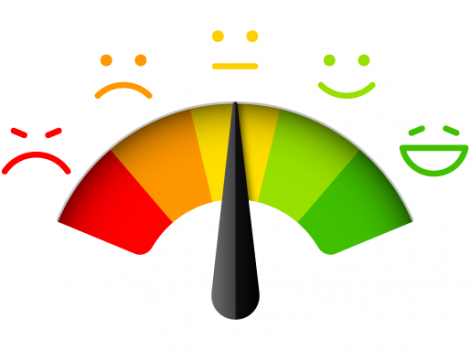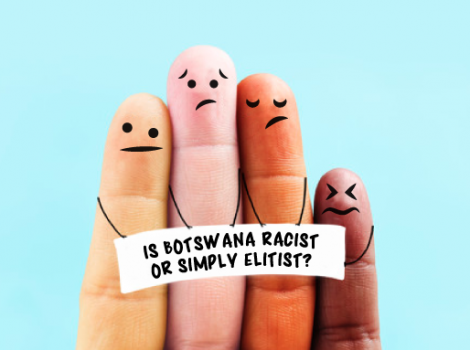
4 November 2024
On Friday 1 November 2024, the ruling Botswana Democratic Party (BDP) was defeated in the national elections. The BDP had governed Botswana since it became independent in 1966 and lost its majority in parliament for the first time.
The main opposition party, Umbrella for Democratic Change, won the majority of the seats in the Parliament. Former President Masisi, the leader of the Botswana Democratic Party, has been denied the second term he sought. Duma Boko is the President-elect.
Botswana is considered an anomaly in the stereotypical African narrative. It has transformed itself from an upper-middle-income country. GDP per capita grew from USD 439 in 1950 to 15,842 in 2018.
Botswana has the highest sovereign credit rating in Africa and provides free healthcare and education to its citizens. This success is attributed to the leadership of the Botswana Democratic Party.
The BDP, founded by Seretse Khama, led Botswana to independence in 1966 and helped the nation become a political and economic powerhouse on the continent. How can this ruling party be defeated in an election? What are voters looking for?
The lesson that African ruling parties can learn from the BDP is that voters will forget the past and focus on the present. Although historical achievements and contributions are outstanding, current economic and political realities reign supreme.
Here are four lessons for ruling parties in Africa.
Historical contributions are irrelevant to young voters
1. Many African liberation movements and political parties tout their historical contributions to independence and freedom.
The ANC of South Africa is known as a liberator who freed the nation from the oppressive white apartheid system, but the recent elections saw the ANC lose its majority.
According to a Johannesburg-based Ichikowitize Family Foundation survey, half of South Africa’s youth voted in recent elections. Historical and revolutionary contributions do not resonate and inspire voters. Many young voters know nothing but the ruling political party. As time passes, historical and revolutionary contributions become folklore instead of a lived experience.
2. Citizens vote with their stomachs
In 2024, 16 African countries will hold elections, and the most significant issue will be the economy. In Senegal, youth unemployment stood at 20 percent despite annual per capita economic growth averaging 3.4 percent during Macky Sall’s time. Tunisia (youth unemployment at 15 percent and inflation at 10 percent), South Africa (over 60 percent of 15-24-year-olds are unemployed), and Botswana (youth unemployment was 45 percent). Citizens’ daily struggles influence their voting decisions and are willing to support political parties with solutions to their daily economic challenges.
3. The goal post will keep moving
Citizens have short-term memory. As mentioned, historical contributions and recent successes are irrelevant. Once ruling parties achieve a feat, they must continue to grow. Botswana enjoyed stability and prosperity from its diamond wealth and small population, but the BDP could not sustain that. Universal education, free healthcare, and combatting HIV/AIDs, among others, are achievements of the Botswana Democratic Party, but that is not enough. You have to continue growing and reinventing yourself; do not stagnate.
Botswana’s citizens, who benefit from the diamond economy, blame the BDP for failing to diversify the economy after the decline in diamond sales. Unemployment surged to 27 percent, with youth employment surpassing 45 percent.
4. Maintain party unity
Internal political differences weaken the unity and integrity of the political party. President Masisi’s internal feud with former President Ian Khama negatively impacted the unity of the BDP. President Ian Khama, son of the Botswana founding father, left the BDP and co-founded the Botswana Patriotic Front (BPF). President Masisi’s government issued an arrest warrant for President Khama.
Internal power struggles bring down ruling parties. Another example is South Africa. President Jacob Zuma and Julia Malema were senior members of the ruling ANC, but their efforts in the 2024 elections cost the ANC its majority. Ruling political parties must maintain party unity, which will encourage supporters and voters.
About the author:
Akol Nyok Akol Dok is a writer and economic analyst who has been featured on several media platforms. The South Sudan Mining Journal awarded him the Best Analyst of 2024.
The views expressed in ‘opinion’ articles published by Radio Tamazuj are solely those of the writer. The veracity of any claims made is the responsibility of the author, not Radio Tamazuj.



